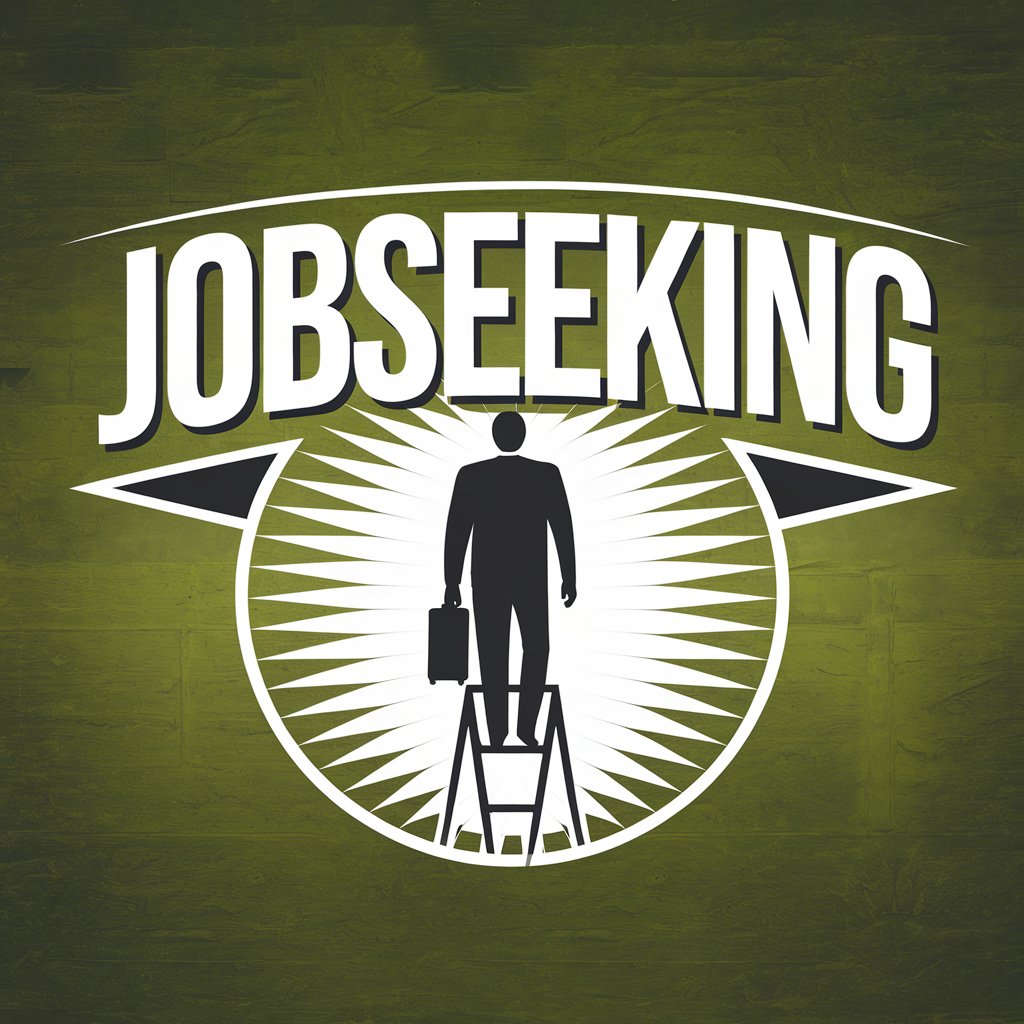CV/Resume Essentials for Recent College Graduates
Congratulations on graduating college. It’s an exciting time, but it can also feel overwhelming as you attempt to find your place in the workforce. One of the first hurdles you’ll face is creating a CV or resume that effectively presents your skills and experiences to potential employers. This comprehensive guide provides detailed information on what to include in your CV, along with best practices for writing and formatting to help you stand out in today’s competitive job market.
CV Formats
Before diving into the specific sections of your CV or resume, it’s important to understand the different formats commonly used. Here are three popular options:
1 Chronological
This classic format presents your work experience and education in reverse chronological order, starting with your most recent experiences. It’s easy for recruiters to follow and is often preferred by Applicant Tracking Systems (ATS).
2 Functional
This format focuses on your skills and abilities rather than your work history. It’s a good option for recent graduates with limited work experience or those making a career change. However, some recruiters may find it less familiar, and it might not be as ATS-friendly.
3 Combination
This format combines elements of both chronological and functional formats. It allows you to highlight both your skills and your work experience. It’s a versatile option for recent graduates with some relevant experience who also want to emphasize their skills.
Formatting Tips
- Structure: Use clear headings for each section.
- Font: Choose a professional and easy-to-read font (e.g., Arial, Calibri).
- Font Size: Keep body text between 10 and 12 points and headings between 14 and 18 points.
- Length: Aim for a one-page CV, especially if you have limited experience.
- Spacing: Use standard 1.15 spacing.
- Margins: Use 2.5cm margins.
- Alignment: Left-align your text for clarity.
- Spacing Between Sections: Double-space between each CV section to improve readability.
- File Type: While some ATS can handle Word documents, it’s generally best to save your CV as a PDF (.pdf). This preserves your formatting and ensures that your CV appears as intended when viewed by employers.
CV/Resume Key Elements
Education
Since you’re a college graduate, your education is a significant part of your CV. Here’s how to present it effectively:
- Reverse Chronological Order: Start with your most recent qualifications (e.g., A-levels, GCSEs) and work backward.
- Details: Include the institution’s name, qualification names, grades, and expected or achieved completion dates.
- Prioritize: If you’re attending college, summarize your GCSEs briefly and focus on your college-level qualifications.
- Awards and Memberships: Include any academic awards, club memberships, or extracurricular activities.
Work and Volunteer Experience
Even if your work experience is limited, include any part-time jobs, volunteer work, or work experience placements. For each entry, provide the company/organization name, your role, dates of employment, a brief description of your responsibilities, and key achievements.
If you have little to no formal work experience, don’t worry! You can still create a strong CV by drawing on transferable skills from other areas of your life. Consider including:
- College Projects: Describe any significant projects you completed, highlighting the skills you developed and the outcomes you achieved.
- Qualifications: Mention any relevant qualifications you have earned, such as first aid certifications or IT skills certifications.
- Hobbies and Extracurricular Activities: Describe your involvement in sports, clubs, or volunteer work, emphasizing the skills and experiences gained.
Essentials for Recent College Graduates
Your CV or resume should highlight your education, skills, and any relevant experiences gained during your studies. Here’s a breakdown of the essential sections:
Contact Information
This section should be at the top of your CV and include:
- Full Name: Use a professional and clear font.
- Phone Number: Ensure it’s a number you can be reached at reliably.
- Email Address: Use a professional email address, avoiding informal or quirky ones.
- Location: You can include your general area or city, but a full address is not necessary.
- Link to LinkedIn Profile (Optional): If you have a well-maintained LinkedIn profile, include the link.
Resume Objective or Summary
This section provides a brief overview of your qualifications and career goals. You have two options:
- Objective: If you have limited experience, use an objective statement to outline your career goals and how your skills align with the position.
- Summary: If you have relevant experience, use a summary statement to highlight your key accomplishments and skills.
- Example: “A recent graduate with a Bachelor’s degree in Marketing, achieving a 2:1. Skilled in data analysis, digital marketing, and content creation, with experience managing social media campaigns for a university society. Seeking an entry-level role in digital marketing to apply my knowledge and grow within the industry.”
When writing a strong profile, focus on accomplishments and quantifiable results. For example, instead of simply stating that you have experience in social media marketing, you could say, “Developed and executed social media campaigns that increased audience engagement by 20%.”
Education
This section is crucial for recent graduates. Include:
- Institution Name and Location
- Graduation Date
- Degree(s) and Major(s)
- GPA (Optional): Include if it’s above 3.5.
- Relevant Coursework: List courses relevant to the jobs you’re applying for.
- Honors and Awards: Include any academic achievements or awards.
Experience
This section can include internships, part-time jobs, volunteer work, or campus leadership roles. Even if your experience isn’t directly related to your target job, highlight transferable skills and accomplishments.
When describing your experiences, focus on quantifiable achievements and use action verbs to make your descriptions more impactful. For example, instead of saying “Helped with marketing campaigns,” you could say “Developed and executed social media campaigns that increased audience engagement by 15%.”
Here are some examples of experiences you might include:
- Internships: Describe your role, responsibilities, and key accomplishments during your internship.
- Part-time Jobs: Even seemingly unrelated jobs can demonstrate valuable skills like customer service, teamwork, and time management.
- Volunteer Work: Highlight your contributions to volunteer organizations and the skills you developed.
- Academic Projects: Describe any significant projects you completed, emphasizing the skills you used and the outcomes you achieved.
Competencies and Skills
This section highlights your key skills and achievements. Include both hard skills and soft skills. Tailor this section to each job application, focusing on the skills mentioned in the job description.
Here are some examples of skills you might include:
Hard Skills:
- IT Skills: Proficiency in Microsoft Office Suite (Word, Excel, PowerPoint), Google Workspace, or specific software relevant to your field.
- Language Proficiency: If you speak any foreign languages, mention your fluency level.
- Technical Skills: Any technical skills acquired through coursework or projects (e.g., coding, data analysis).
Soft Skills:
- Communication: Excellent written and verbal communication skills, demonstrated through presentations, group projects, or written assignments.
- Teamwork: Ability to work effectively in a team, demonstrated through participation in sports, clubs, or group projects.
- Problem-solving: Ability to identify and solve problems effectively, demonstrated through academic challenges or extracurricular activities.
- Time Management: Ability to manage time effectively, demonstrated through balancing coursework, extracurricular activities, and part-time jobs.
- Leadership: Demonstrated leadership skills through holding positions of responsibility in clubs or organizations.
Additional Sections (Optional)
- Certifications/Professional Development: Include any relevant certifications or training programs.
- Projects: If you have completed any significant projects, include them with a brief description.
- Extracurricular Activities: Include activities that demonstrate relevant skills or leadership qualities.
Hobbies and Interests
This section is also optional but can be particularly useful for college graduates with limited work experience. It helps you showcase your personality and interests while demonstrating skills relevant to the jobs you’re applying for.
Focus on hobbies that demonstrate valuable transferable skills. For example:
- Teamwork: Playing team sports, participating in group activities, or volunteering for community events.
- Leadership: Holding positions of responsibility in clubs or organizations.
- Communication: Participating in debates, public speaking events, or writing for school or college publications.
- Creativity: Engaging in artistic activities, playing musical instruments, or writing creatively.
Formatting Tips
- Format: Use a reverse-chronological format, starting with your most recent experiences.
- Quantify: Use numbers and metrics to showcase your achievements (e.g., “increased sales by 15%”).
- Action Verbs: Start your bullet points with strong action verbs (e.g., “managed,” “developed,” “implemented”).
- Tailor: Customize your resume for each job application, highlighting relevant skills and experiences.
Key Skills and Experiences for Employers
Employers often look for specific skills and experiences. Here’s a summary of the most sought-after qualities for college graduates:
| Skill/Experience | Description |
| Critical Thinking | The ability to analyze information and make informed decisions. |
| Creativity | The ability to generate new ideas and find innovative solutions. |
| Leadership | The ability to motivate and guide others. |
| Teamwork | The ability to collaborate effectively and contribute to team success. |
| Interpersonal Skills | The ability to build relationships and communicate effectively with people from diverse backgrounds. |
| Time Management | The ability to prioritize tasks and meet deadlines. |
| Relevant Coursework and Internships | Experience gained through internships or relevant coursework. |
Best Practices for Writing a CV/Resume
- Use Strong Action Verbs: Start your bullet points with action verbs to make your descriptions more impactful. Some examples include: achieved, collaborated, communicated, created, developed, established, improved, increased, led, managed, mentored, organized, planned, presented, researched, resolved, streamlined, trained.
- Quantify Achievements: Whenever possible, use numbers or metrics to demonstrate your accomplishments (e.g., “increased sales by 20%,” “managed a budget of $10,000”).
- Tailor to the Job: Customize your CV or resume for each job application, highlighting the skills and experiences most relevant to the specific role and company. Research shows that 83% of recruiters are more likely to hire a candidate with a tailored resume.
- Include a Career Snapshot: Instead of a traditional objective statement, consider including a brief career snapshot at the top of your resume. This is a concise summary of your key skills and qualifications that immediately grabs the reader’s attention.
- Avoid Repetition: Don’t repeat information that’s already in your cover letter. Keep your CV concise and focused on the most important details.
- Proofread Carefully: Ensure your CV or resume is free of grammatical errors and typos.
Conclusion
Creating a strong CV or resume is a critical step for recent college graduates entering the job market. By following the guidelines and best practices outlined in this article, you can effectively showcase your skills, experiences, and potential to potential employers, increasing your chances of landing your dream job.
While the job market can be competitive, remember that employers highly value soft skills like critical thinking, creativity, leadership, and teamwork in addition to technical skills and experience. As a recent graduate, you possess a unique combination of knowledge, enthusiasm, and adaptability that employers seek. By presenting your qualifications in a clear, concise, and tailored manner, you can confidently navigate the job search process and embark on a successful career journey.

